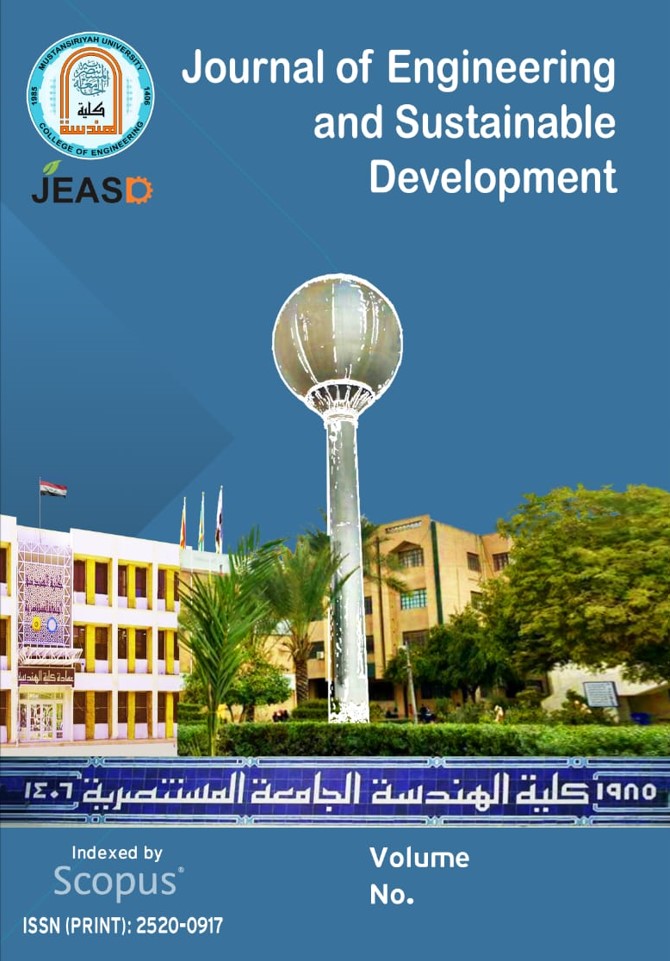Abstract
Compressive strength is deemed to be one of the most paramount of the mechanical properties of concrete. Lately, there is an increase in trend towards a wider use of some alternative materials added to concrete mixture. Also, there are new methods of curing to obtain the early strength of concrete. Although it is known that high temperatures increase the rate of hydration of cement, the influence of this increase on strength development needs further study's. Different curing temperature and curing methods are usually employed to evaluate the compressive of concrete. This research deals with the study of the effect of curing methods and temperature on compressive strength, density, and absorption of two types of concrete. A 216 concrete cube specimens of two different mixes were prepared at w/c ratio of 0.4 and cement content of 380 kg/m3 for the reference concrete mix which is designed according to the ACI 211-1. Second mix was prepared with 4% cement replacement with silica fume by weight. The samples were submerged by water with different curing temperature (20, 40, 60, and 80) °C for 3 hours. After samples cooling, the cubes were divided into three groups (water submerge curing at 20°C, sealed by polyethylene bags curing, and air curing) until testing ages of (7, 14, 28, 90) days. The results showed that water submerge curing method had the highest compressive strength, density, and lowest absorption followed by the sealed curing.
Keywords
compressive strength
concrete
curing method
micro silica
